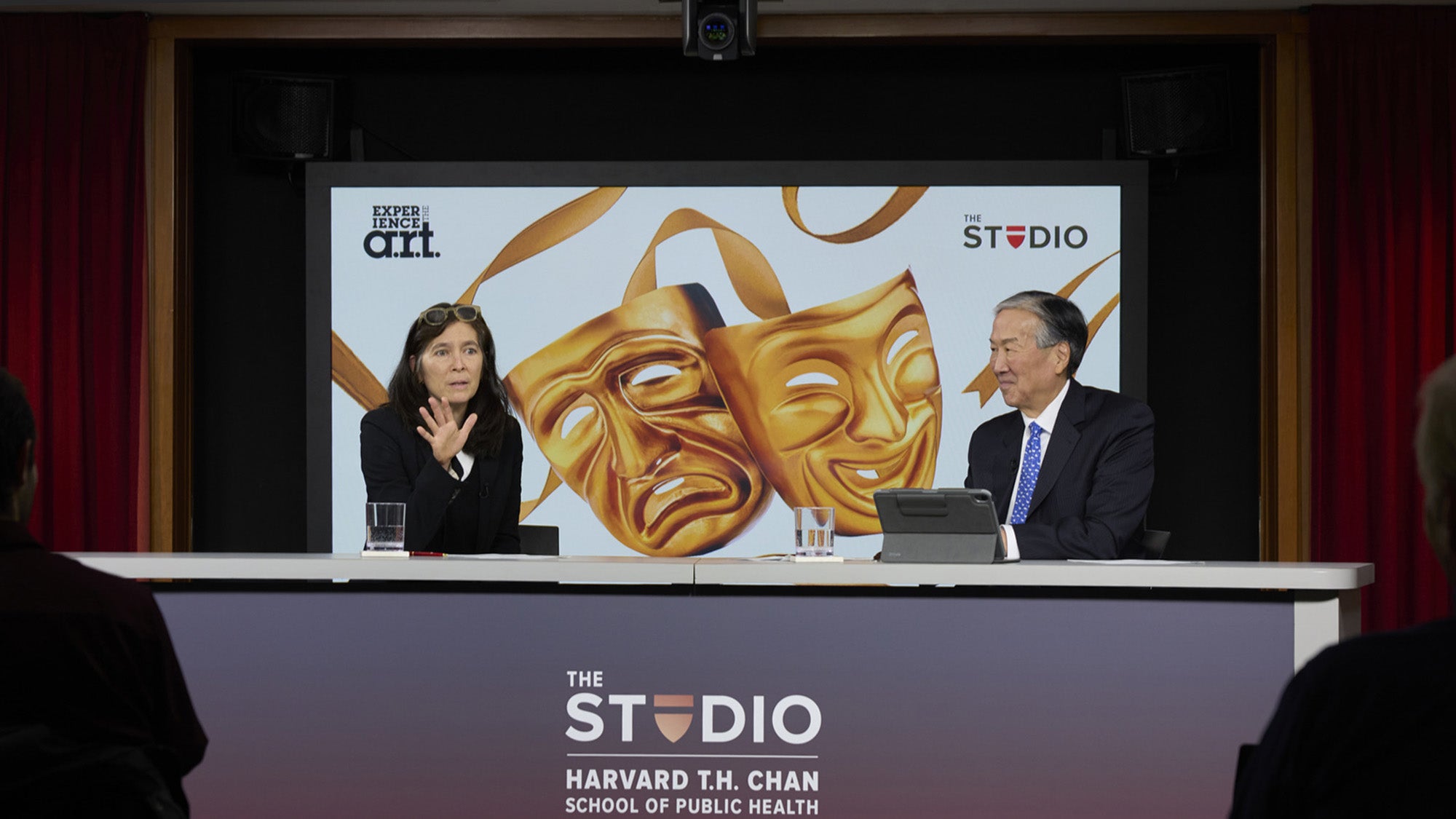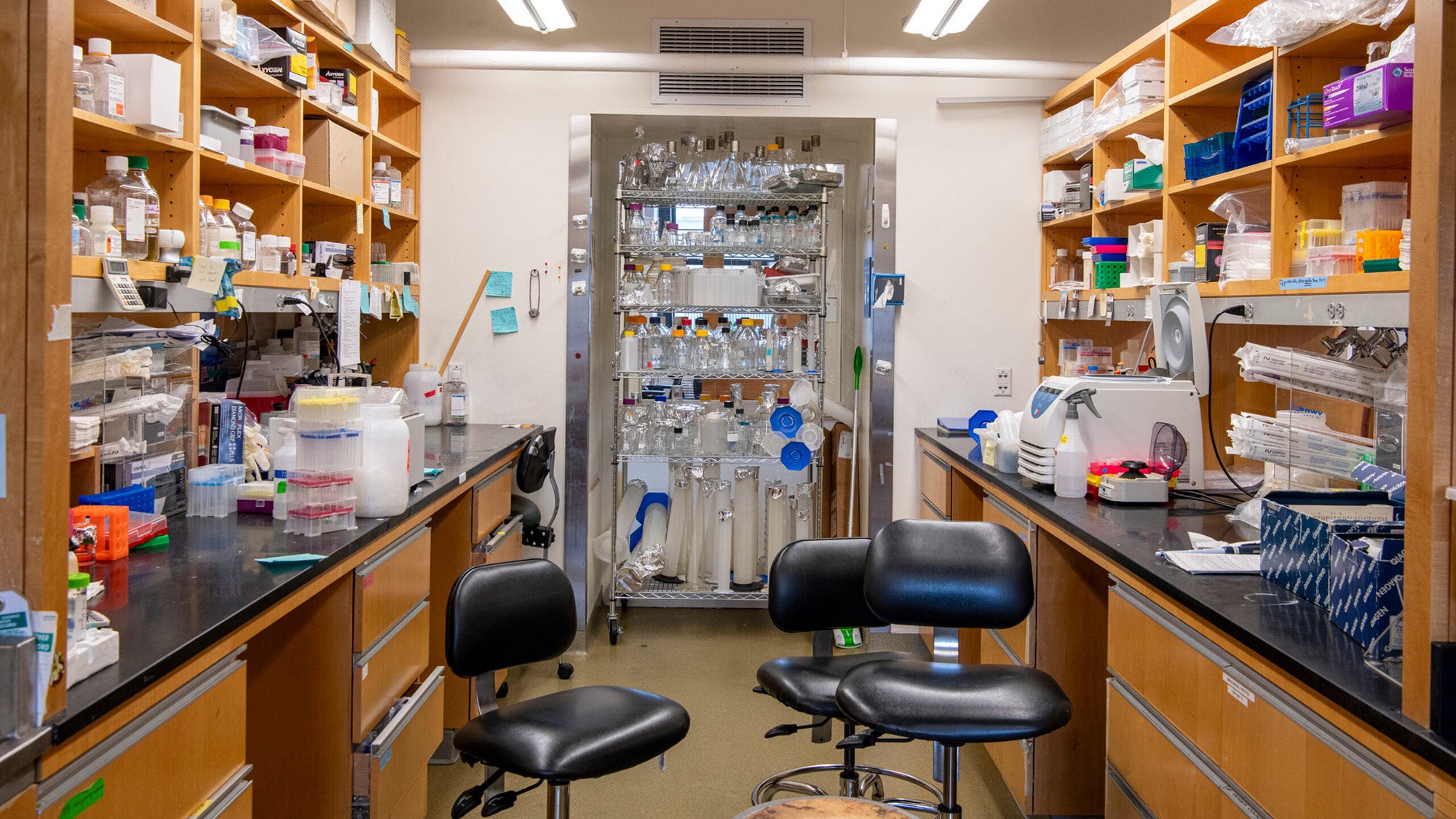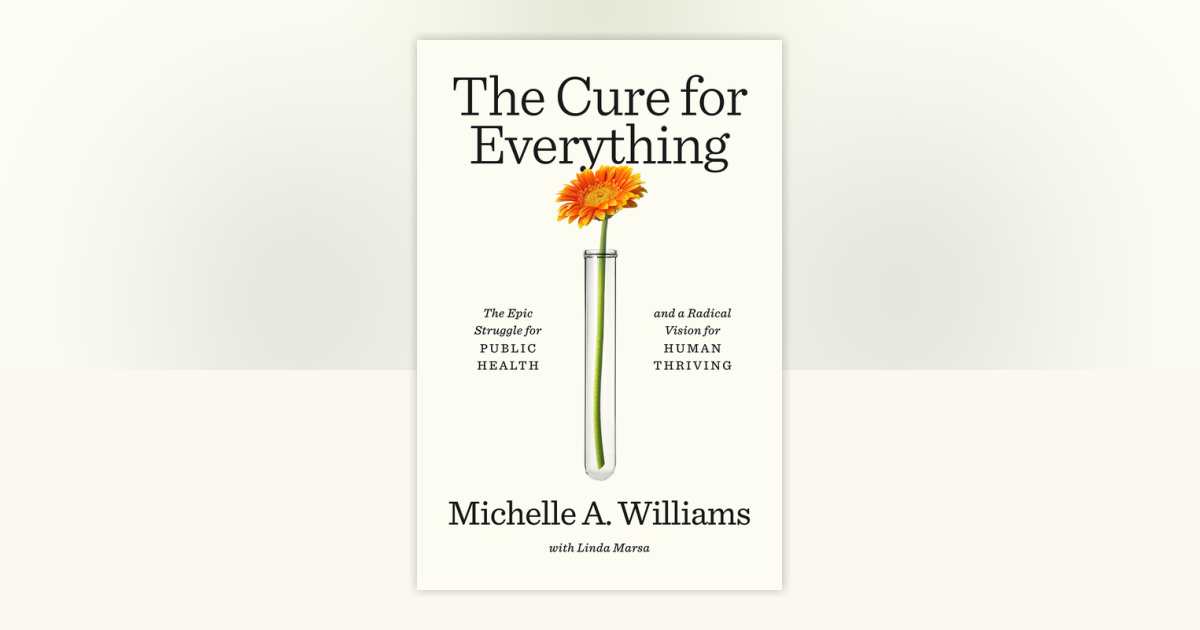Using theater to destigmatize and humanize public health issues

Public health and theater are complementary avenues for addressing well-being, according to Diane Paulus, the Tony Award-winning Terrie and Bradley Bloom Artistic Director of the American Repertory Theater (A.R.T.) at Harvard University. She recently joined Harvard T.H. Chan School of Public Health’s Howard Koh for a conversation about using the power of live theater to build empathy and create space for connection and healing.
The April 2 Harvard Chan School Studio event explored how the A.R.T.’s productions of Waitress, Jagged Little Pill, and Night Side Songs have tackled timely issues such as intimate partner violence, opioid addiction, and palliative care. Night Side Songs is currently running through April 20.
“What is art in service of? For me it’s about bringing people together for a collective experience where we look at our humanity and we dare to be vulnerable,” Paulus said. She added that theater is particularly vital today because it provides experiences that require audience members’ full attention and engagement.
Paulus spoke about the importance of telling complex, often messy human stories. In response to the pandemic, she said she felt an impulse to connect the arts with public health, seeing theater as a way to address stigma and help people heal from trauma.
Koh, Harvey V. Fineberg Professor of the Practice of Public Health Leadership, noted that addressing stigma is important to a number of public health issues including homelessness and addiction.
Developing ‘muscles for compassion’
Paulus said that she advises actors in her productions to take their time understanding their characters because all human beings are made up of many layers. It’s a lesson she hopes is conveyed to audiences. “If we can develop that sense of a more expansive understanding,” she said, “we’ll develop our muscles for compassion.”
As a professional theater that is part of a university, A.R.T. is able to make its productions richer by tapping into a network of relevant expertise, Paulus said. For example, health care providers connected to Harvard advised the production of Night Side Songs, which tells the story of a woman’s journey through serious illness. Paulus said that she hopes to partner with Harvard Chan School in the future to spotlight other topics that deserve attention.
Night Side Songs is particularly resonant with Paulus’ goal of making the theater a place for connecting. The musical production is held in intimate settings around the city, with the lights kept on and audience members seated in a circle around the performers. The audience is gently invited to sing along and take part in a collective event. Paulus hopes that people find the experience healing. “It’s very affirming to know that we’re not alone in the struggles we go through,” she said.
Public health’s data-driven efforts to improve population health are vital, Koh said. To Paulus, he added, “But you complement that approach by focusing on individual people through storytelling and make these issues come alive and [feel] more human.”


